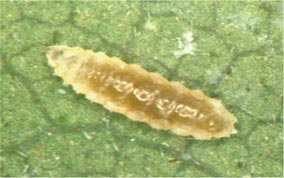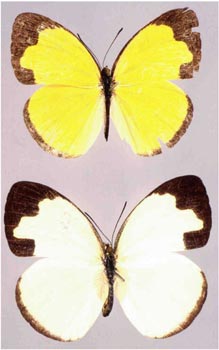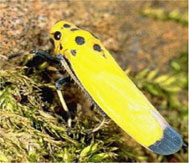| Å@ |
Head Investigator: Junichi
YUKAWA (Faculty of Agriculture, Professor) |
| We planned this research
project under a concept that the study of global biodiversity
is a matter of great urgency because species richness has been
regarded as fundamentally important for the existence of human
beings. |
 |
We studied the diversity
of insects in the following three aspects: (1) Measurement and
evaluation of true insect diversity, (2) Utilization of phylogenetic
and biogeographic data in designation of diversified hot spots,
and (3) Effects of natural enemy introduction on the diversity
of entomofauna in agro-ecosystem. |
On this occasion we exhibit
selections from the results of our study. They are summarized
as follows: (1) The Incidence Coverage Estimator Method appeared
to be appropriate to evaluate true insect diversity. By this
method, we estimated the intensity of field survey for various
insect groups. (2) We suggested that diversified hot spots should
be designated based not only on species richness but also on
phylogenetic diversity. (3) Diversity of an aphidophagous cecidomyiid
at the DNA level indicated that genetic and ecological contamination
may occur between conspecific Japanese and European populations
when the latter is continuously imported to Japan as a
biological control agent. |
 |
 |
Based on the results of
our study, we proposed some opinions as to the conservation of
the environment and contributed to the compilation of "Red
Data Book 2001 Fukuoka". |

|

